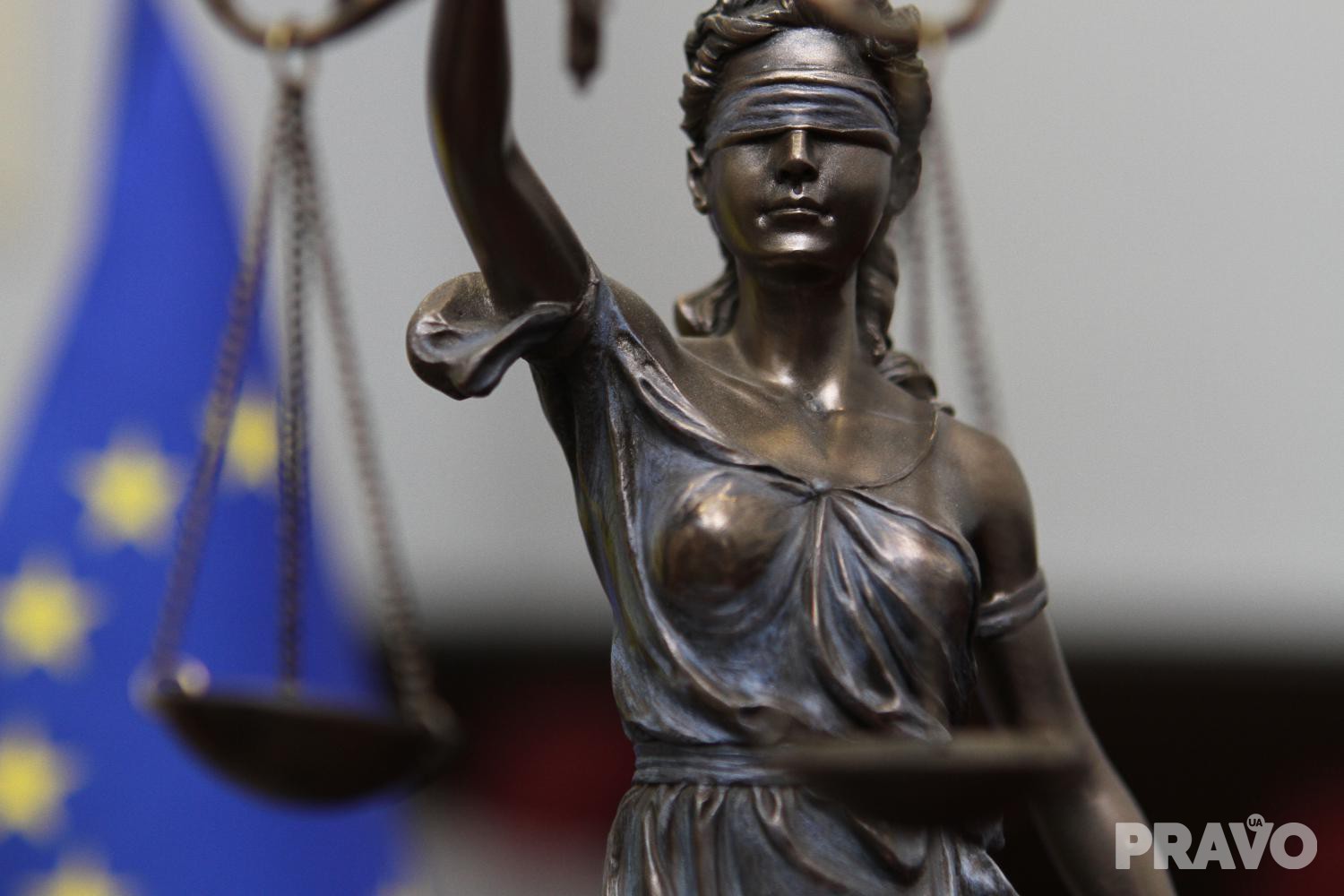active and purposeful military lawyer with more than 4 years of experience
Voter bribery is a threat to democracy
Free and fair elections are the foundation of any healthy democracy. However, for many years, one of the biggest challenges for ensuring the democratic will of citizens remains the problem of bribing voters. This shameful crime not only violates the equality of participants in the election process, but also undermines public trust in the institution of elections and the legitimacy of the government as a whole.
Definition and forms of bribery
Bribery of a voter, referendum participant or member of the election commission should be understood as providing or promising to provide them with an unlawful benefit (money, gifts, services, etc.) with the aim of inducing them to a certain electoral behavior - voting for a specific candidate, party or choosing a positive or negative answer in a referendum . Unlawful benefits can be offered both to the voter or to the member of the commission, as well as to his close relatives.
The forms of bribery can be diverse - from the direct provision of cash on the eve of the elections to more veiled schemes, such as charitable contributions, the provision of benefits and subsidies in the pre-election period, the organization of entertainment events, etc.Bribery of members of election commissions is especially dangerous, because it allows large-scale falsification of the results of citizens' will.
The scale of the problem
According to various studies, voter bribery remains one of the most common violations of electoral law in many countries of the world. Thus, according to a Gallup poll, more than 20% of voters in developing countries admitted that they were offered a reward for voting for a particular candidate. According to Transparency International experts, the annual cost of bribing voters in the world reaches tens of billions of dollars.
The problem is particularly acute in countries with transitional economies and young democracies, where imperfect legislation, weak institutions and a high level of government corruption create a favorable environment for large-scale election manipulation. For example, according to polls, up to 15% of voters in Ukraine may agree to sell their vote in elections.
Devastating consequences
Bribery of voters entails a number of extremely dangerous consequences for the democratic development of society:
Distortion of the will of citizens. When voters vote not for their beliefs, but for the rewards they receive, the election results no longer reflect the true preferences of the electorate. This creates the risk of candidates coming to power who do not have the real support of citizens.
Inequality of participants in the electoral process. Bribery allows candidates or parties with more financial resources to win, rather than those whose programs and ideas are more attractive to voters. This undermines the principle of equality of all election participants.Reduction of the legitimacy of the authorities. When election results are distorted by massive bribery, society loses confidence in authorities and doubts their true support from citizens. This creates a threat of social and political instability.
The growth of political corruption. Having gained power through improper methods, politicians tend to further abuse their position for personal enrichment. This increases the corruption of the entire state administration system.
A threat to national security. In conditions of massive bribery of voters, foreign states or oligarchic groups can actually acquire a loyal government, which threatens the sovereignty and independence of the country.
Anti-bribery: world experience
A complex of various measures is used to combat voter bribery around the world:
Improvement of legislation. Most countries have clear legal norms prohibiting any form of bribery of participants in the election process and provide for severe penalties for such actions. For example, in the USA, bribery of voters is punishable by up to 5 years in prison and a fine of up to 10,000 dollars. In Ukraine, such actions are punishable by imprisonment for a term of 3 to 7 years.
Strengthening control and monitoring. To detect bribery, special control bodies are created, international observers are involved, and the role of civil society is intensified. For example, an Electoral Court has been established in Bolivia, which has broad powers to investigate violations.
Transparency of election campaign financing. The introduction of strict reporting on the sources and directions of spending money on pre-election events allows to detect and prevent hidden bribery of voters.
Educational campaigns. Informing citizens about the inadmissibility and negative consequences of bribing voters contributes to the formation of society's intolerance to such practices.
However, despite efforts, the problem of voter bribery remains relevant in many countries. For its effective solution, comprehensive implementation of all the mentioned measures is necessary, as well as further improvement of legislation, strengthening of responsibility and improvement of general integrity of political culture.Only in the conditions of fair and transparent elections, when every citizen will be able to freely express his will, is it possible to implement the principles of democracy and strengthen the legitimacy of the government.
Perhaps you will be interested in reading articles on such topics as: адвокатские запросы адвокатский запрос ответ на адвокатский запрос требования к адвокатскому запросу непредоставление ответа на адвокатский запрос сроки ответа на адвокатский запрос адвокатский запрос это рассмотрение адвокатского запроса об адвокатском запросе адвокатский запрос образец образец адвокатского запроса образец отказа на адвокатский запрос адвокатский запрос срок рассмотрения

































